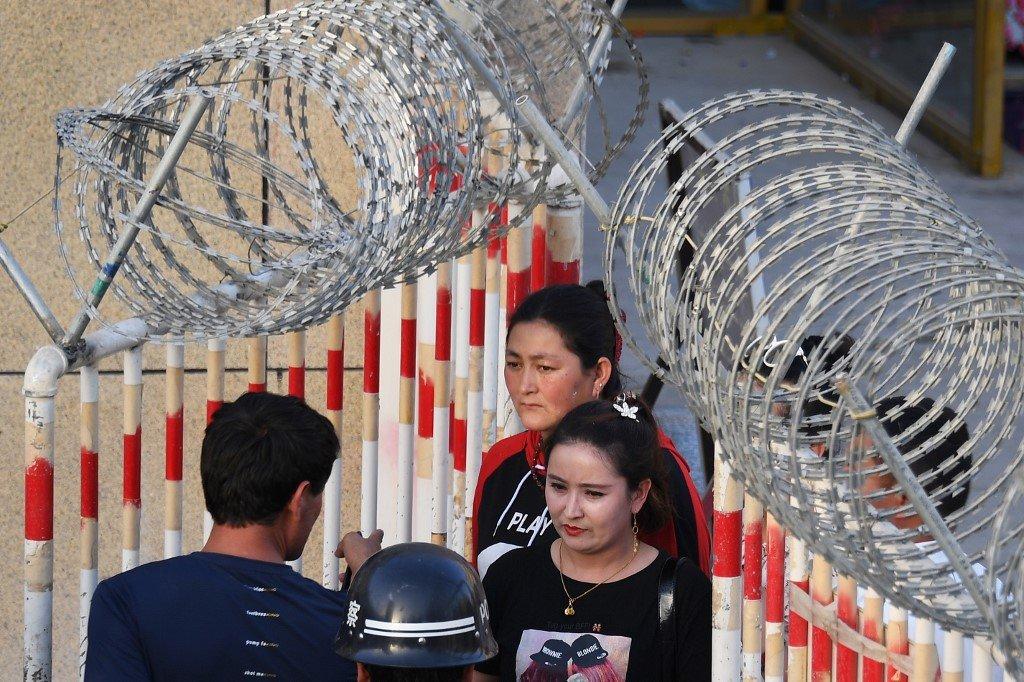Beijing birth control policy designed to eliminate millions of Uighur births, report finds
The policies could increase the Han population in southern Xinjiang from its current level of 8% to about 25% by 2040.
Chinese birth control policies could reduce the ethnic minority population in southern Xinjiang by up to a third over the next 20 years, according to new research.
The study, by researcher Adrian Zenz, is the first peer-reviewed academic paper on the long-term population impact of China’s crackdown on the Uighurs and other minority groups in Xinjiang.
It found that under China’s birth control policies in the region, the population of ethnic minorities in southern Xinjiang would reach somewhere between eight and 10 million by 2040, as opposed to the 13 million projected by Chinese researchers before Beijing’s crackdown.
“This shows the intent behind the Chinese government’s long-term plan for the Uighur population,” Zenz told Reuters.
He writes that by 2019 Xinjiang authorities “planned to subject at least 80% of women of childbearing age in the rural south to intrusive birth prevention surgeries, referring to IUDs or sterilisations”.
Reports say Beijing has intentionally moved people from the majority Han Chinese population into parts of Xinjiang previously dominated by ethnic minorities, and forcibly transferred Uighurs out.
Zenz says China’s birth control policies could increase the Han population in southern Xinjiang from its current level of 8% to about 25% by 2040.
According to official Chinese statistics, there was a nearly 50% decline in birth rates in ethnic minority areas of Xinjiang between 2017 and 2019.
China announced last week that it would allow couples to have up to three children, but leaked documents from Xinjiang suggest the opposite policy is being pursued there, with women detained or otherwise punished for exceeding birth control quotas.
A previous report by Zenz based on regional data, policy documents and testimony alleged that pregnant Uighur women in Xinjiang were being threatened with internment for refusing to abort pregnancies, while others were involuntarily fitted with intra-uterine devices or coerced into sterilisation surgery.
China denies making any attempt to reduce the Uighur population specifically, arguing that the decline in minority birth rates in Xinjiang is due to the implementation of general birth quotas in the region as well as increases in income and better access to family planning.
“The so-called ‘genocide’ in Xinjiang is pure nonsense,” China’s foreign ministry told Reuters in a statement.
“It is a manifestation of the ulterior motives of anti-China forces in the US and the West and the manifestation of those who suffer from Sinophobia.”
Zenz is a researcher at the Victims of Communism Memorial Foundation, a Washington DC-based “anti-communist” organisation which describes itself as dedicated to “pursuing the freedom of those still living under totalitarian regimes”.
Reuters said it has shared his new research and methodology with more than a dozen experts in population analysis, birth prevention policies and international human rights law, who told them the analysis and conclusions were sound.
Subscribe to our newsletter
To be updated with all the latest news and analyses daily.
